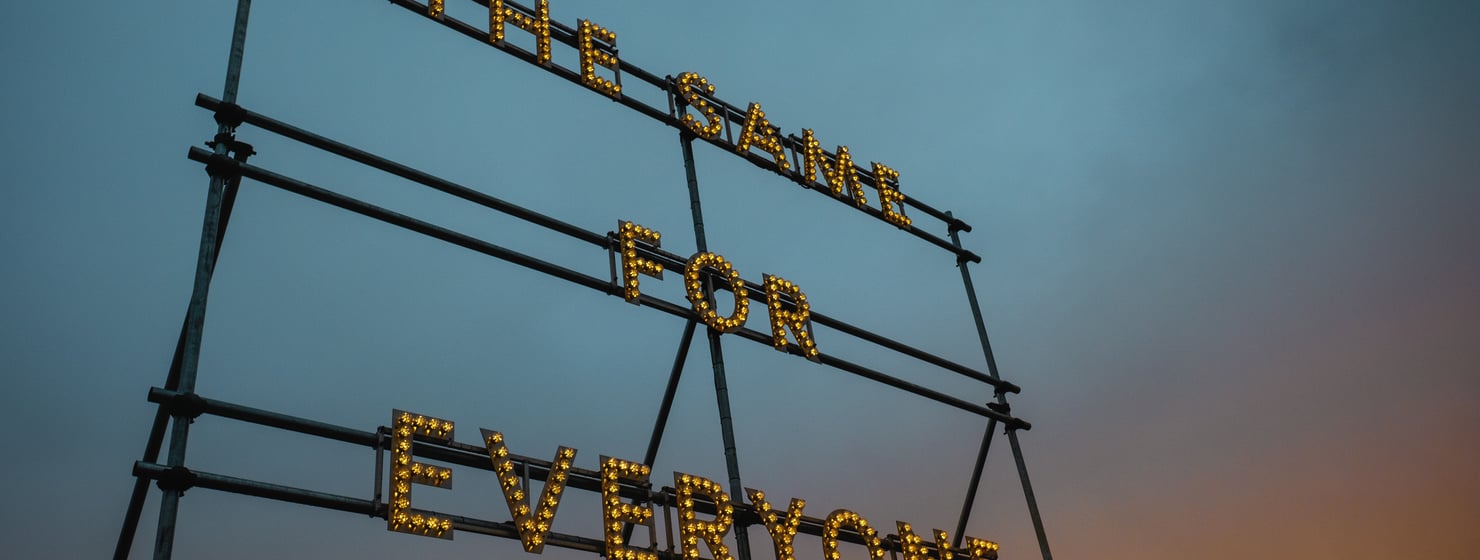Today, we are:
- Not all equal in the face of disease. Not everybody has access to basic health care. The G7 Health Ministers are joining forces to address this challenge. On 16 and 17 May, they are meeting with two goals in mind: ensuring that everyone can access quality health systems; and furthering protection from AIDS, malaria and tuberculosis (preparing the Global Fund replenishment conference that will be held in Lyon in October).
- Not all equal or protected at work. Subjects including occupational equality between men and women, support in addressing the consequences of digital transformations and universal social protection will be discussed, along with many others, at the G7 Employment Ministers meeting that will be held on 6 and 7 June.
- Not all equal when it comes to accessing quality education. This subject particularly affectsthe poorest regions. Nor do we all have the opportunity to receive vocational training, which remains underdeveloped but is essential to help young people find work. The G7 Education and Development Ministers will fight such inequality, which dashes people’s futures, at their meeting on 4 and 5 July.
- Not all equal before competition. All companies are not equal before taxation. The G7 Finance Ministers will work to establish rules for responsible international finance and competition regulations adapted to the digital transformation at their meeting on 17 and 18 July.
- Not all equal if we are men... or women.. It is a G7 priority this year, and will be addressed at every meeting, regardless of the theme – and particularly at the meeting of the Gender Equality Ministers, which will be held on 9 and 10 May – regardless of their themes.
President Emmanuel Macron is committed to:
- Combating violence against women, with a focus on online harassment and supporting the initiatives of Nobel Prize winners Nadia Murad and Denis Mukwege;
- Fostering education for all girls,
- and a conference on this theme will be held in Paris on 5 July, at UNESCO, on the sidelines of the Education and Development Ministers meeting. It will be an opportunity to showcase successful actions;
- Promoting women’s entrepreneurship, to further their economic empowerment, particularly in Africa where new financial instruments could help women open businesses.
He was assisted in this task by the G7 Gender Equality Advisory Council (first created by Canada in 2018). The Advisory Council held its first meeting in Paris on 19 February.
The Advisory Council is notably working on the Biarritz Partnership for Gender Equality. What is the Biarritz Partnership? It is a forum to encourage the sharing of best practices. In concrete terms, it will identify all the laws worldwide that support gender equality and invite States to draw inspiration from them.
